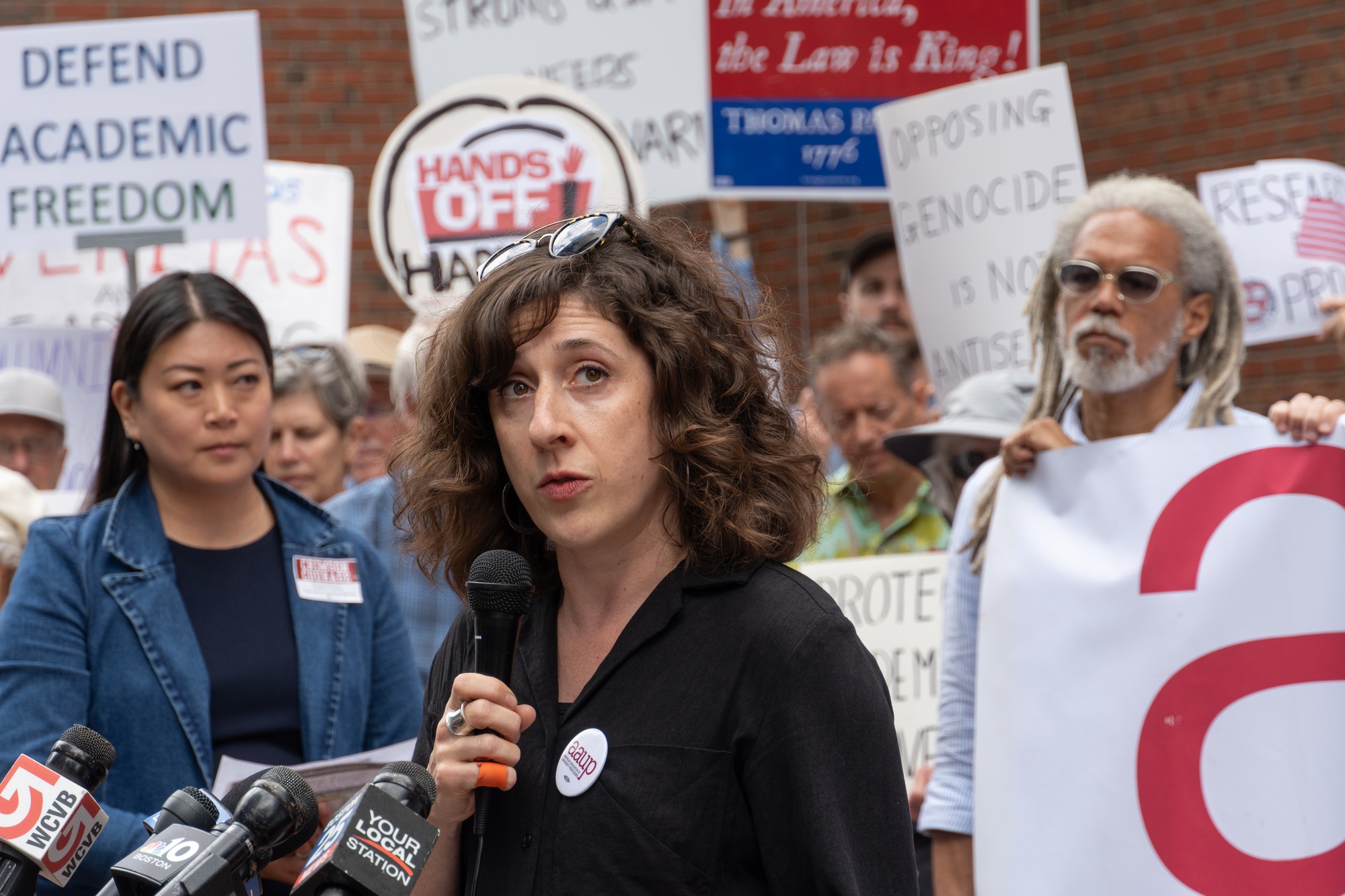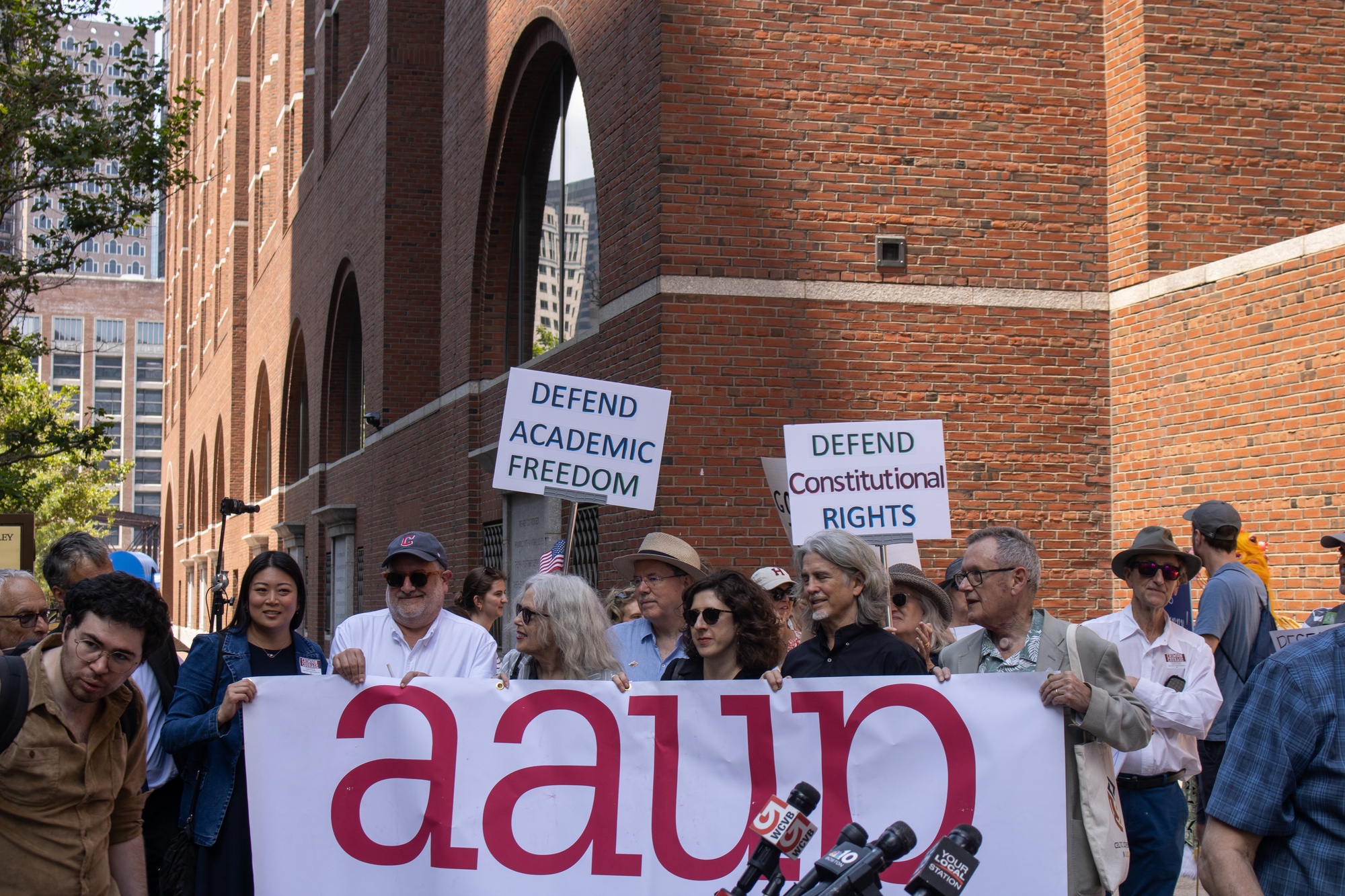Judge Expresses Doubt Over Government's Rationale in Harvard Funding Dispute

In a pivotal hearing held on July 21, 2025, U.S. District Judge Allison D. Burroughs voiced skepticism regarding the Trump administration's decision to freeze over $2.2 billion in federal research grants and contracts to Harvard University. During oral arguments in a lawsuit filed by Harvard against the government, Judge Burroughs challenged the Department of Justice's (DOJ) justification for withholding funds, particularly questioning the link between allegations of antisemitism on campus and the cancellation of scientific and medical grants.
Key Arguments Presented During Oral Arguments

Harvard's legal team argued that the Trump administration's actions constitute an "unconstitutional attempt to exercise government control" and a "blatant, unrepentant violation of the First Amendment." They further asserted that the funding freeze violates the Administrative Procedure Act (APA) and Title VI of the Civil Rights Act. The university contends that the government's demands for internal reforms related to "viewpoint diversity" and audits represent an overreach of federal authority into academic affairs.
Representing the government, DOJ lawyer Michael K. Velchik maintained that the funding cuts were a legitimate response to Harvard's alleged failure to adequately address antisemitism. Velchik cited incidents such as a pro-Palestine encampment and the vandalism of the John Harvard statue as evidence of the university's shortcomings. He framed the dispute as a contractual matter, asserting the government's right to terminate grants that do not align with agency priorities.
Judge Burroughs' Scrutiny of Government's Position

Judge Burroughs directly challenged the government's interpretation, questioning the constitutional implications of terminating a contract based on reasons that potentially violate constitutional law. She remarked that such an interpretation would have "staggering" consequences for constitutional law. Her line of questioning suggested a critical assessment of the government's attempt to link funding decisions to broader allegations of antisemitism on campus.
Timeline Leading to the Lawsuit

The legal battle follows a series of escalating events. The October 7, 2023, Hamas attacks on Israel led to heightened scrutiny of university responses to antisemitism. On April 11, 2025, the Trump administration sent a letter to Harvard President Alan M. Garber outlining conditions for continued federal support, including demands for structural reforms related to "viewpoint diversity" and audits. Harvard rejected these demands and filed a lawsuit the same day.
Subsequently, in April 2025, the Trump administration froze $2.2 billion in research grants. In May 2025, Education Secretary Linda McMahon declared Harvard ineligible for new federal grants. By June 2025, the administration formally issued a finding that Harvard tolerated antisemitism, a move that could jeopardize all federal funding, including student loans.
Stakeholders and Their Positions
Harvard University, as the plaintiff, seeks to reverse the funding freezes and restore billions in federal grants. The university argues that the government's actions are unconstitutional, violate academic freedom, and bypass proper legal procedures. Harvard has stated that the cuts risk $1 billion per year and have led to layoffs and hiring freezes.
The Trump administration, represented by the DOJ, argues that Harvard failed to adequately address antisemitism on campus and that the government has the right to terminate contracts that do not align with its priorities, specifically citing a January executive order on combating antisemitism.
Other stakeholders include federal agencies such as the Department of Health and Human Services (HHS), National Science Foundation (NSF), and Department of Defense (DOD), which are the sources of the frozen grants. The American Association of University Professors (AAUP) and the Harvard Faculty Chapter have filed a consolidated lawsuit with Harvard, arguing against the government's actions as "blatantly unlawful thought policing" and a threat to academic freedom. Campus unions have urged the University to pledge worker protections and use its endowment funds to prevent layoffs due to the funding cuts.
Potential Consequences for Harvard and Higher Education
The funding cuts, exceeding $2.2 billion, threaten vital research in areas like cancer treatment, neurodegenerative disorders, and national security. A sustained freeze could severely cripple Harvard's research enterprise and force researchers to seek opportunities elsewhere.
For higher education, a ruling in the government's favor could set a precedent for increased federal control over university governance, academic content, and internal policies, potentially impacting all institutions receiving federal funds. Conversely, a ruling for Harvard could limit the government's ability to use funding as leverage to influence campus affairs.
Constitutional Questions at Stake
Judge Burroughs herself noted the "staggering" consequences for constitutional law if the government could terminate contracts even if the basis for termination violated the Constitution. The case also raises questions about the scope of the First Amendment and Title VI in the context of federal funding for universities.
No ruling was issued from the bench during the July 21 hearing. Judge Burroughs promised to issue an opinion quickly. Harvard's lawyers have requested a decision by September 3, 2025, the deadline for the University to begin submitting paperwork to close out grant funding.